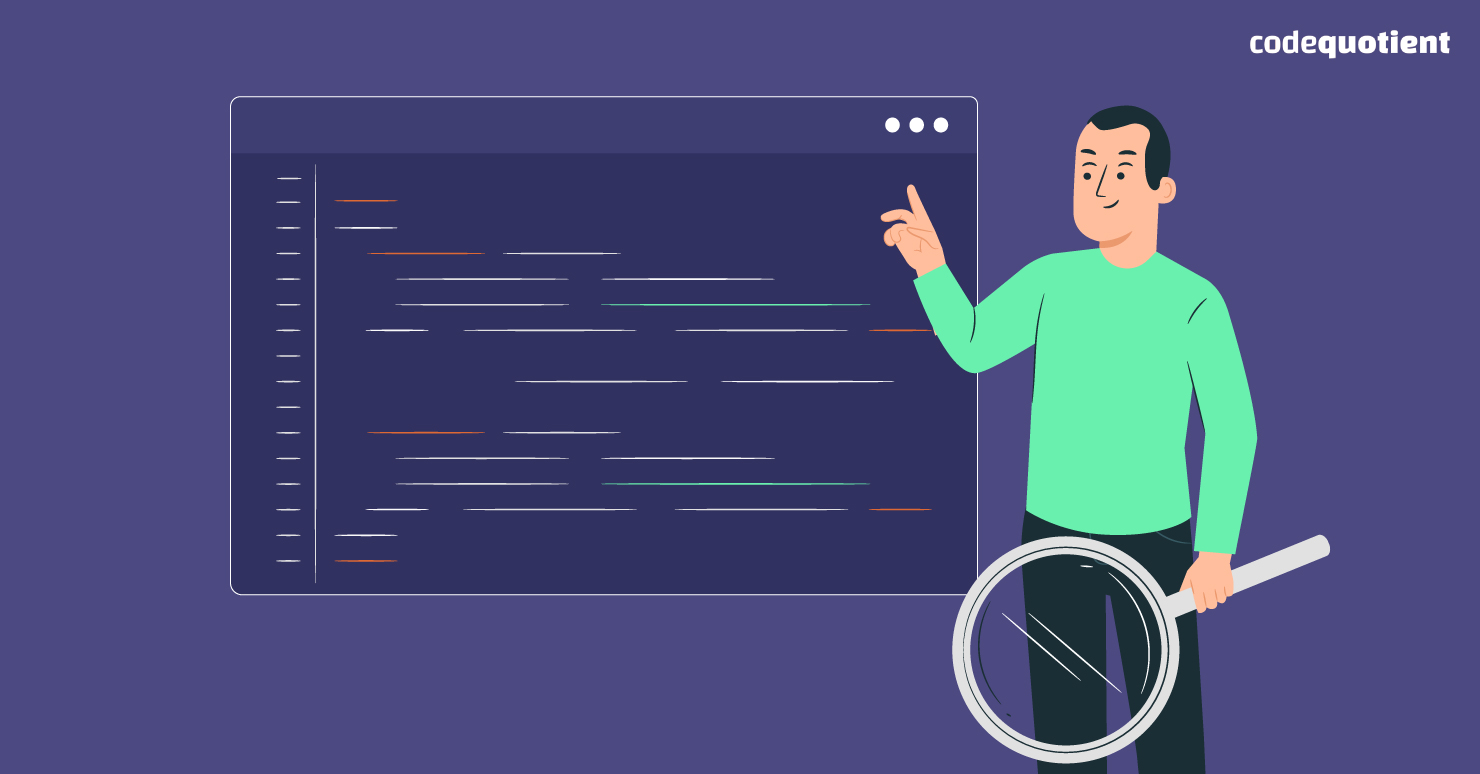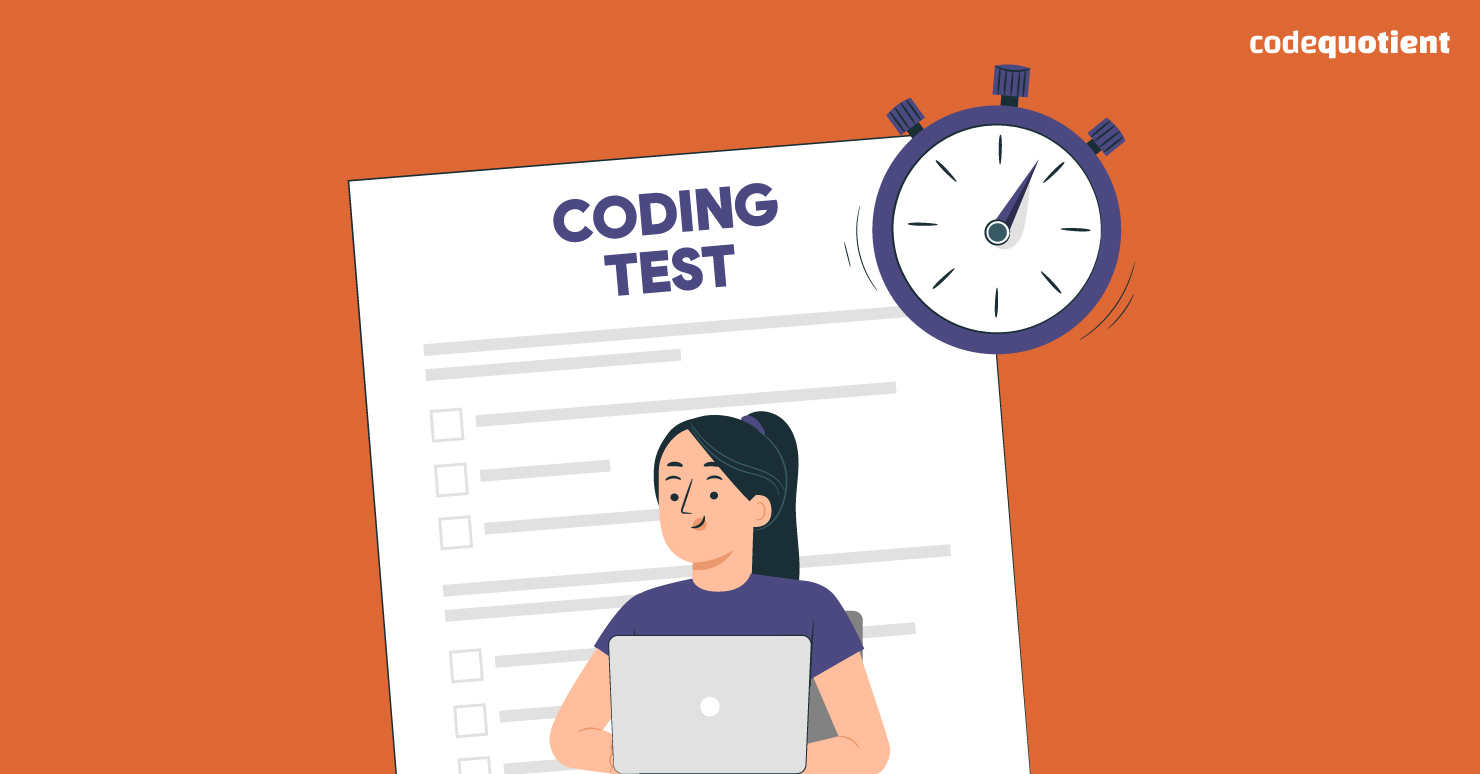Online coding tests have become increasingly popular among employers when assessing potential employees’ technical skills. These tests evaluate candidates’ coding skills, ranging from simple questions to complex programming challenges.
Acquiring a good score in an online coding test can be crucial for your career, as it can determine whether you will move on to the next stage of the hiring process.
This article will outline the steps you must take to ace an online coding test. So, let’s dive in.
Understand the Format and Requirements of the Online Coding Test
Before taking an online coding test, it is crucial to understand the test’s format and requirements. To do this, you should:
- Know that there are various types of coding tests, such as:
- Multiple-choice questions
- Coding challenges
- Coding projects
- Research the company or organisation administering the test to understand their coding language preferences and the skills they prioritise.
- Check the time limit and number of questions to know how to allocate your time and manage your workload during the test.
- Familiarise yourself with the test’s difficulty level to help you adjust your expectations and prepare accordingly.
- Review the allowed coding tools and languages and ensure you are comfortable using them before the test; sticking with what you know best is better than trying out a new one during the test.
Review the Basics and Practice
Reviewing the basics and practising coding challenges can help you prepare for online coding tests. For this, you should brush up on coding fundamentals such as data structures, algorithms, and problem-solving techniques.
Additionally, practice coding challenges on online platforms like LeetCode, HackerRank, or Codecademy. These platforms offer various coding problems with varying difficulty levels and in different programming languages.
Learn the Test-Taking Strategies for Online Coding Test

Learning the test-taking strategies for online coding tests can help you perform well during the test. Here are some steps that can assist you:
1. Read and Understand the Instructions
It’s important to carefully read and understand the instructions provided for the coding test. You should know what the problem is asking, what input and output formats are expected, and any other relevant details.
2. Analyse the Problem
Before writing any code, take some time to analyse the problem and develop a high-level plan. Think about the inputs and outputs and how to approach the problem. This will help you write more efficient and effective code.
3. Plan and Organize the Code
Once you have analysed the problem, plan and organise your code. Write pseudocode or break the problem into smaller sub-problems to make it more manageable. This will help you avoid getting stuck or overwhelmed while writing code.
4. Use Comments and Clean Code
Writing clean code and using comments can make your code more readable and understandable. This will help the person evaluating your code understand your thought process and follow your code more efficiently.
5. Test the Code Thoroughly
It’s essential to test your code thoroughly before submitting it. Test it with various inputs, edge, and corner cases to ensure it works correctly. This will help you catch any errors or bugs in your code before submitting it.
Manage Your Time Effectively
Here are some tips to help you manage your time effectively:
1. Create a Schedule
Before starting the test, create a schedule for yourself. Decide how much time you will spend on each question and stick to it. A plan will help you manage your time better.
2. Prioritise the Questions
Start with the more straightforward questions and save the more challenging ones for later. This will help you gain momentum and confidence as you progress through the test.
3. Avoid Spending Too Much Time on a Single Question
Set a time limit for each question and move on to the next one if you cannot solve it. You can always come back to it later if you have time left.
4. Skip Difficult Questions
If you come across a challenging question, don’t get bogged down. Skip it and move on to the next one.
Stay Calm and Focused During Online Coding Test
Staying calm and focused during an online coding test is crucial to maintain productivity and preventing errors.
Practice relaxation techniques before the test, such as deep breathing and stretching. Avoid distractions like social media or phone calls, and stay positive throughout the test.
Review and Revise Your Work
After completing the test, reviewing and revising your work before submitting the test is essential.
Here are some tips that can help you accomplish this:
- Recheck the code for syntax errors or logical errors.
- Test the code again with different inputs and edge cases.
- Optimise the code by reducing time or space complexity.
- Submit the test before the deadline.
Final Verdict
For more personalised guidance, head over to career and learning launchpad
Besides excellent resources, we have career-building opportunities like Software Engineering Program (CQ-SEP) for 12th-pass students, who can pursue their college degrees while achieving in-demand skills and work experience.
Industry professionals and advanced learners can utilise SuperCoders Program for a superb portfolio and gain project-based learning. The three-month internship program emphasises full-stack development.
To learn more, please feel free to contact us.




